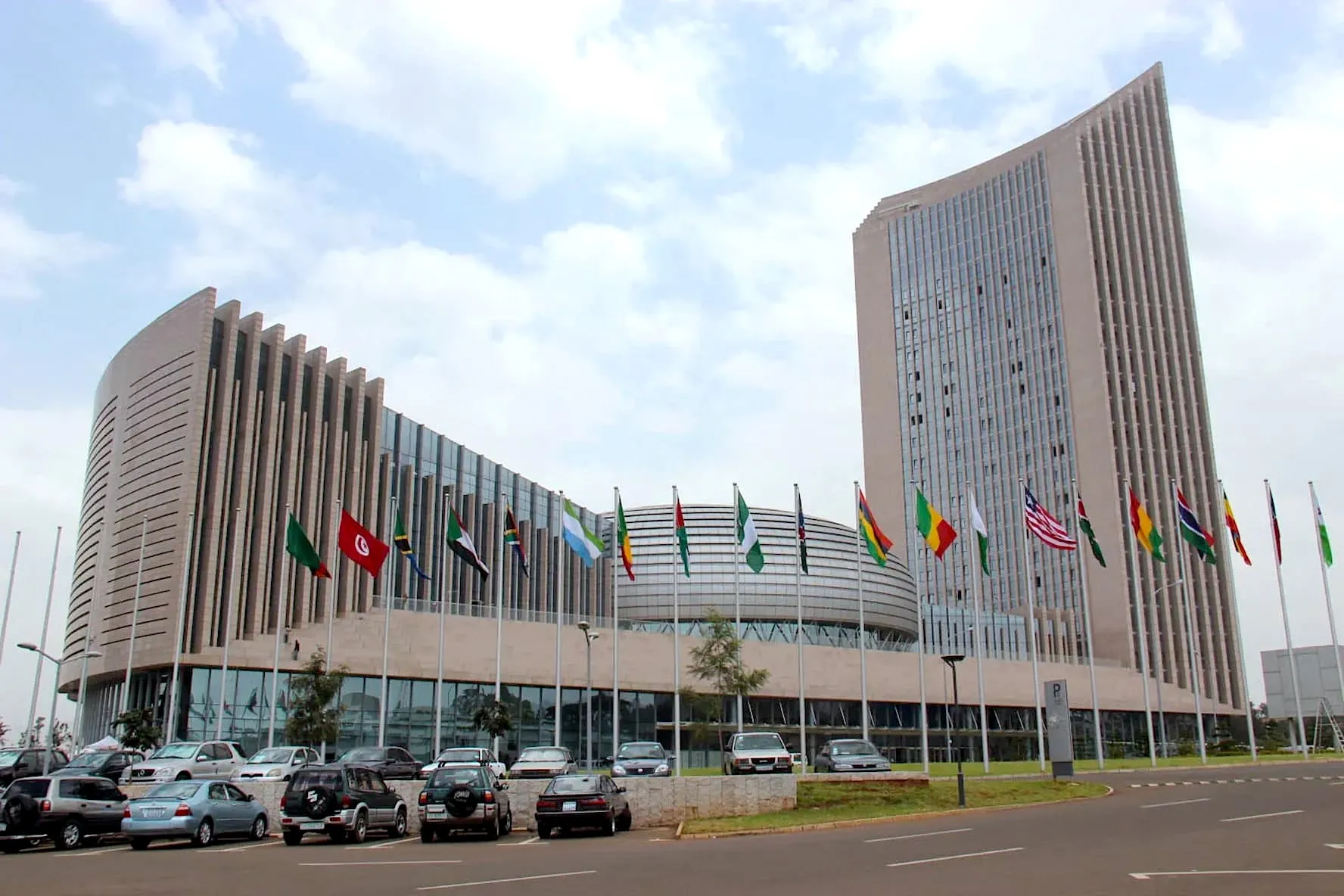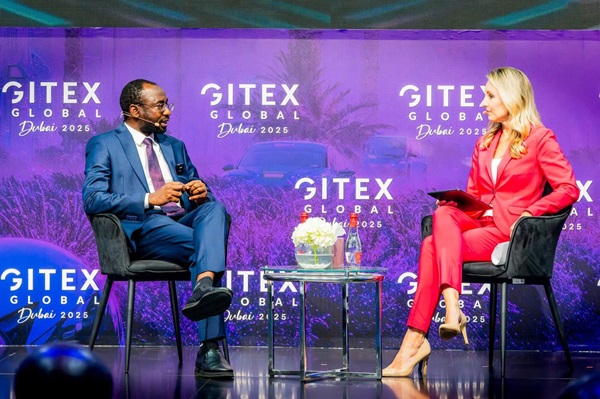In the sweltering boardrooms of Addis Ababa and the humming tech hubs of Nairobi, Africa’s leaders are scribbling AI manifestos at a frantic pace. The African Union declared AI a “strategic priority” back in May, vowing to pour investments into inclusion and innovation. Fast-forward four months, and the continent is a patchwork of national strategies—Kenya’s blueprint for 2025-2030 just dropped, Côte d’Ivoire and Namibia are hot on its heels, and eight countries now boast formal AI governance frameworks.
It’s trending everywhere: X threads buzz with warnings from futurists like Charles Onyango-Obbo about Africa becoming an “AI consumer, not co-creator,” while Carnegie Endowment roundtables in Kigali dissect the governance scramble.
But let’s cut the hype. This isn’t some benevolent tech dawn breaking over the savanna. It’s a high-stakes poker game where Africa holds a weak hand: scant infrastructure, a talent pool that’s just 1% of the global total, and foreign giants—US behemoths like OpenAI, Chinese hardware titans like Huawei—already embedding their algorithms into the continent’s veins. The trending issue? Not just policy proliferation, but the brutal reality check: Can Africa craft rules that harness AI’s $16.5 billion market potential by 2030 without amplifying biases, blackouts, and brain drains that lock in inequality for another generation?
The Policy Frenzy: Strategies on Steroids, But Light on Teeth.
Africa’s AI policy boom feels like a continent-wide sprint to catch up. Kenya’s strategy, unveiled in April, isn’t just words—it’s a government-led vision prioritizing ethical AI in agriculture and health, with calls for data sovereignty to shield against Big Tech’s data hunger.
South Africa, under its G20 presidency, is pushing local innovation to “close the digital divide,” while the AU’s high-level dialogue funnels 83% of Q1 2025 AI startup cash into Kenya, Nigeria, Egypt, and South Africa. Namibia and Côte d’Ivoire joined the fray in Q1, drafting frameworks that echo UNESCO’s warnings: AI could balloon Africa’s economy by $2.9 trillion by 2030, but only if the continent claws back its 0.3% slice of the global pie.
On X, the chatter is electric. Hopewell Chin’ono live-tweeted a masterclass by ex-Zim deputy PM Arthur Mutambara, who hammered home the economics: AI’s market already dwarfs Africa’s GDP, yet the continent supplies the raw minerals—cobalt from the DRC, lithium whispers from Zimbabwe—while Silicon Valley and Shenzhen reap the code.
Mutambara’s brutal truth? Without reliable power, Africa’s AI dreams are DOA. Persistent blackouts aren’t quirks; they’re kill switches.
Yet these policies? They’re often glossy roadmaps without enforcement muscle.
The Africa AI Privacy Report 2025 exposes the rot: In finance and healthcare, AI’s gobbling personal data without robust safeguards, turning users into unwitting fuel for opaque algorithms. Eight strategies sound impressive, but as Kemigisha Zoey notes, they’re dwarfed by the US’s 34.6% AI company stranglehold. Europe’s eyeing partnerships to bridge the gap, but that’s code for “let’s co-opt your talent while you handle our regulatory headaches.”
The Ugly Underbelly: Bias, Blackouts, and the Bias of Omission.
Scratch the surface, and the trending optimism cracks. AI isn’t neutral—it’s a mirror of its makers, and Africa’s reflection is distorted. Mamadou Kwidjim Toure’s X thread rips the veil: LLMs like ChatGPT amplify biases at warp speed, from Amazon’s scrapped tool that ghosted women’s resumes to US hospitals underrating Black patients’ risks by 47%. Scale that to Africa, where datasets skew toward urban elites, and you’ve got algorithms that could entrench ethnic divides or ignore rural realities.
Energy? It’s the silent saboteur. Mutambara’s lecture lands like a gut punch: AI guzzles power—data centers alone could spike global emissions 8% by 2030—and Africa’s grids are wheezing. A viral post from kaka warns of the hypocrisy: Sustainable development goals clash with AI’s thirst, disproportionately hammering climate-vulnerable nations like those in the Sahel. Policies tout “green AI,” but where’s the solar-powered compute in Ouagadougou?
Then there’s governance roulette. The High Street Journal flags AI’s creep into public services: Transparency evaporates, biases harden into policy, security gaps yawn wide. Carnegie maps it starkly: Agriculture and health top priority sectors, but without audits, AI could widen the yawning digital chasm—Nigeria’s AI Usage Index at a pathetic 0.2 versus Singapore’s 4.57 Technosolutionism, as Brookings’ Chinasa Okolo calls it, peddles AI as Africa’s savior while ignoring the human wreckage: Job displacement in informal economies, where 85% of workers scrape by without safety nets.
The Economic Knife-Edge: Boom or Bust for the Bottom Billion?
The numbers seduce: 230 million digital jobs by 2030, a fintech-fueled leap from $4.5 billion today. Mastercard’s report crowns Kenya an adoption leader, but Osaretin Victor Asemota’s fintech dissection reveals the trap: Mass-market apps with 10,000 users dazzle VCs, yet concentration risks—five mega-clients like MTN or governments—breed fragility in Africa’s volatile politics. The Prepaid Economy’s take? Foreign AI imports misread Africa’s informal flows, projecting “creditworthiness” from top-up data that reeks of Western bias.
IDRC’s call for research nails the socio-economic shrapnel: AI reshapes labor, productivity, inequality—but who benefits? Without policies mandating local IP ownership, Africa risks exporting talent and importing exploitation. Japan’s TICAD pledge—training 30,000 pros in three years—sounds noble, but as one X user quips, will they stay to build or bolt to Bay Street?
Toure’s wisdom rings true: Intelligence without context is a recipe for flash crashes in currencies or clinics.
Global Power Plays: Pawns or Players?
Africa’s not scripting this solo. The M20 brief dissects the G20 tangle: Power, politics, economics—AI’s emergence pits US-China rivalry against continental unity.
The Global Center’s African Observatory pushes responsible AI, but funding flows from Western philanthropists with strings. Europe’s “mutually beneficial” overtures? A velvet glove over data colonialism.
The hard truth: Without pan-African data compacts, the continent’s low AUI dooms it to $2.9 trillion in lost GDP. Onyango-Obbo’s call for collaboration isn’t fluffy—it’s survival. Disparities within Africa could explode, skilled coders fleeing to Dubai while unskilled masses foot the bill.
Forging the Firewall: A Call to Uncompromised Code.
Africa’s AI policy surge is no fairy tale—it’s a fork in the road. Forge ahead with audits, diverse datasets, and energy sovereignty, or watch biases calcify into code that codifies poverty. The AU must lead: Mandate open-source mandates, cross-border ethics boards, and incentives that keep talent home. Japan’s training?
Tie it to local startups, not expat pipelines.
This isn’t about catching the AI wave—it’s about steering it before it drowns the shore. Policies without punch are paper tigers; time to bare teeth. The continent that birthed humanity can’t afford to code its obsolescence. The clock’s ticking—will Africa debug the future, or let it crash?




